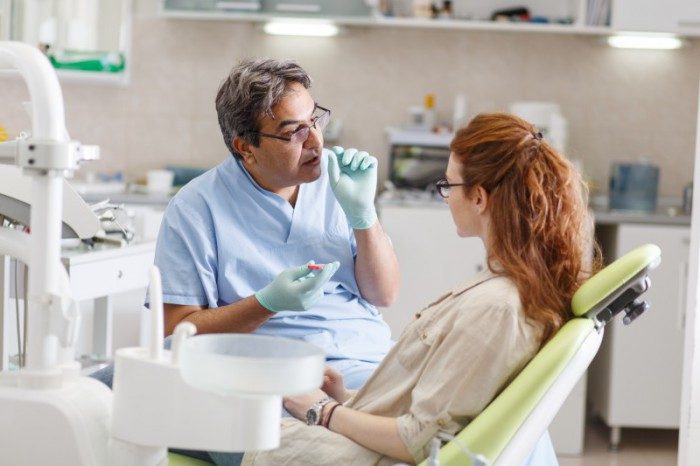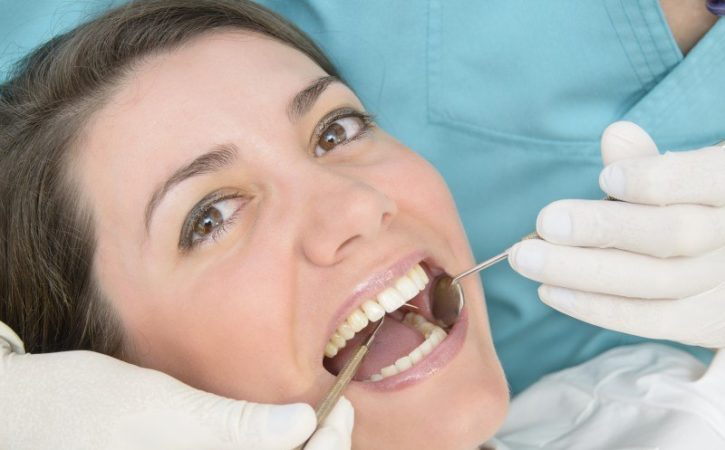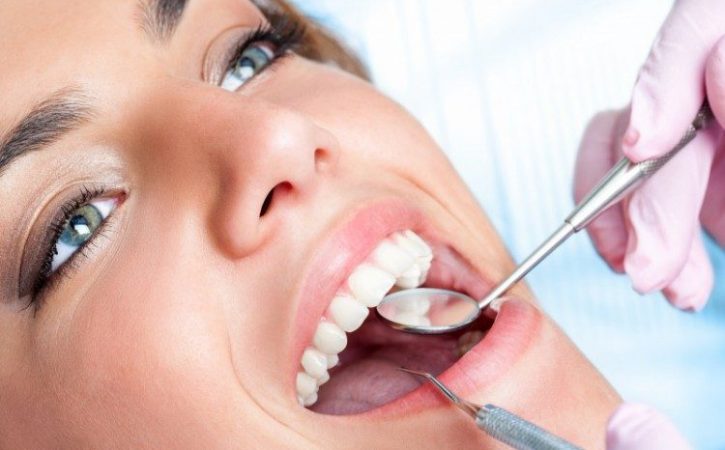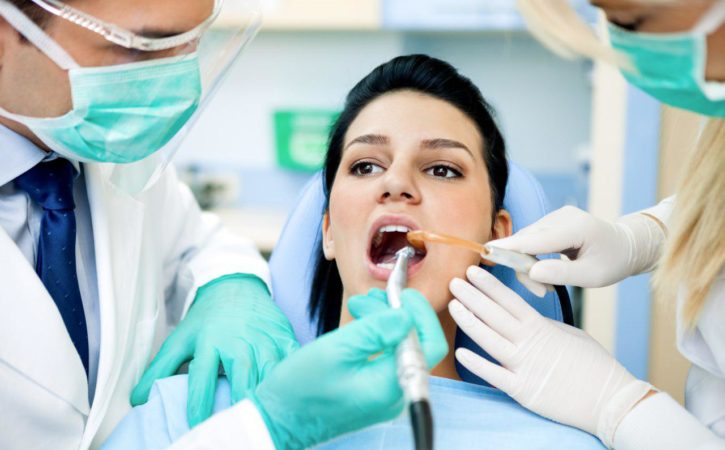Have you heard of a condition known as obstructive sleep apnoea? This chronic illness is generally caused by a narrowing of your airways whilst you sleep.
Not only will it be difficult (if not impossible) to obtain the rest that you require, but other health conditions can be caused by sleep apnoea. Heart attack, obesity, stroke and even adult-onset diabetes have all been linked to obstructive sleep apnoea.
This is why it is important to recognise the associated symptoms before taking the next step. Some signs that this condition may be present include:
- Feelings of tiredness and malaise throughout the day.
- Chronic and loud snoring.
- Suddenly waking up gasping and out of breath.
If you have experienced one or more of these situations, it is prudent to obtain an at-home sleep test. This will provide you with accurate results and you can then seek treatment from a doctor.
You may also wish to speak with your dentist, as he or she might offer additional solutions such as a mouthpiece which can be worn during the overnight hours in order to supply your body with the proper levels of oxygen.
As with any medical condition, sleep apnoea needs to be taken very seriously.
Do you have sleep apnoea? An in-home Sleep Test provides a quick, convenient and affordable way to have sleep apnoea confirmed. All studies are independently analysed by experienced NHS-qualified sleep professionals, and use the WatchPAT recording device for unrivalled accuracy.
Learn more about sleep apnoea: https://www.sleeptest.co.uk











